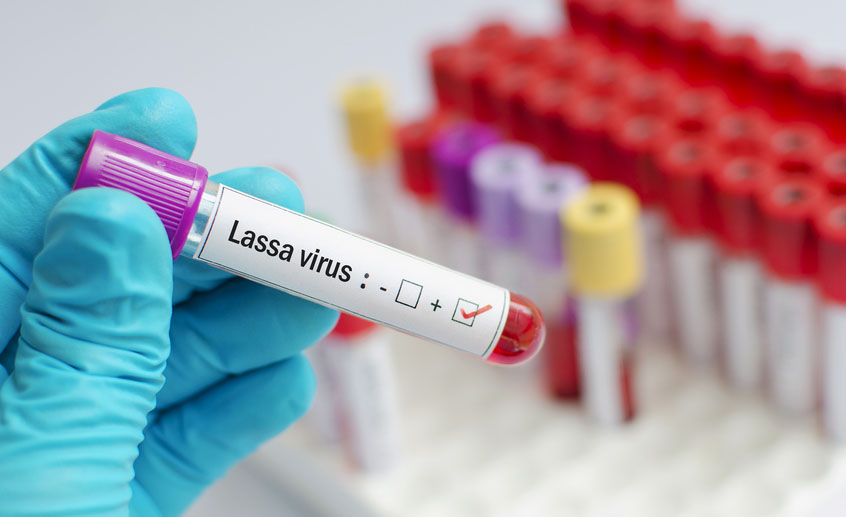Recently, participants were vaccinated in a Phase two Lassa vaccine trial in Abuja, Nigeria. The trial, known as IAVI C105, is sponsored by the organisation I work for, IAVI, funded by CEPI, and designed in consultations with Nigerian health institutions.
This trial represents a long overdue global public health milestone. IAVI’s is the only Lassa vaccine candidate to ever advance from Phase 1, which is typically used to study safety, onto Phase two, which is used to evaluate participants’ immune responses and other factors. Our ultimate goal is a Lassa vaccine that is affordable and accessible to all populations in need.
The World Health Organisation (WHO) classifies Lassa as one of the diseases likely to cause a public health emergency of international concern. Lassa fever was first discovered in 1969 in Nigeria and now occurs in multiple countries across Western Africa.
Climate and land use changes alongside population growth and international travel could soon see this virus make its way to other parts of the world. One analysis published in 2022 estimates that by 2070, nearly 600 million people could be at risk of developing Lassa fever.
People who fall ill with Lassa fever face the risk of permanent deafness. Pregnant women with Lassa face their own elevated risk of death as well as the loss of their unborn babies. Yet no vaccine is currently available.
As a Kenyan scientist, I’m gratified that the search for a Lassa fever vaccine is being led by prominent scientists and community leaders on the continent.
In Nigeria, we developed IAVI C105 with partners with the Nigeria CDC; the Nigeria Lassa Vaccine Task Force; HJF Medical Research International in Abuja; and community members affected by Lassa fever. IAVI and our partners have pioneered this kind of scientific collaborations – first in Eastern and Southern Africa in pursuit of HIV and TB vaccines.
Following this model, we’ve worked with local experts to tailor IAVI C105 to accommodate participants’ life realities while adhering to internationally accepted standards.
Taking such measures strengthens local institutions’ capacity to conduct vaccine clinical trials and increases the likelihood that communities will accept a Lassa fever vaccine when it becomes available.
For the first time, I’m optimistic that such a future is not so far away. African leadership in this trial offers hope that achieving the continent’s vision for a New Public Health Order is within reach.
Among its five pillars, this vision calls for strengthened public health institutions and action-oriented and respectful partnerships. IAVI C105 is a prime example of both. What’s more, we’re exploring local manufacturing solutions for IAVI’s Lassa fever vaccine candidate, which aligns with the pillar on expanded local manufacturing of vaccines, diagnostics, and therapeutics.
Our proactive leadership in tackling Lassa can only make us better prepared for future disease threats.
If we continue to act collaboratively and strategically, I’m confident that we Africans can achieve our health development ambitions – including a Lassa fever vaccine – and redefine global health architecture.
Mutua, is a medical director with IAVI in Nairobi, Kenya.











